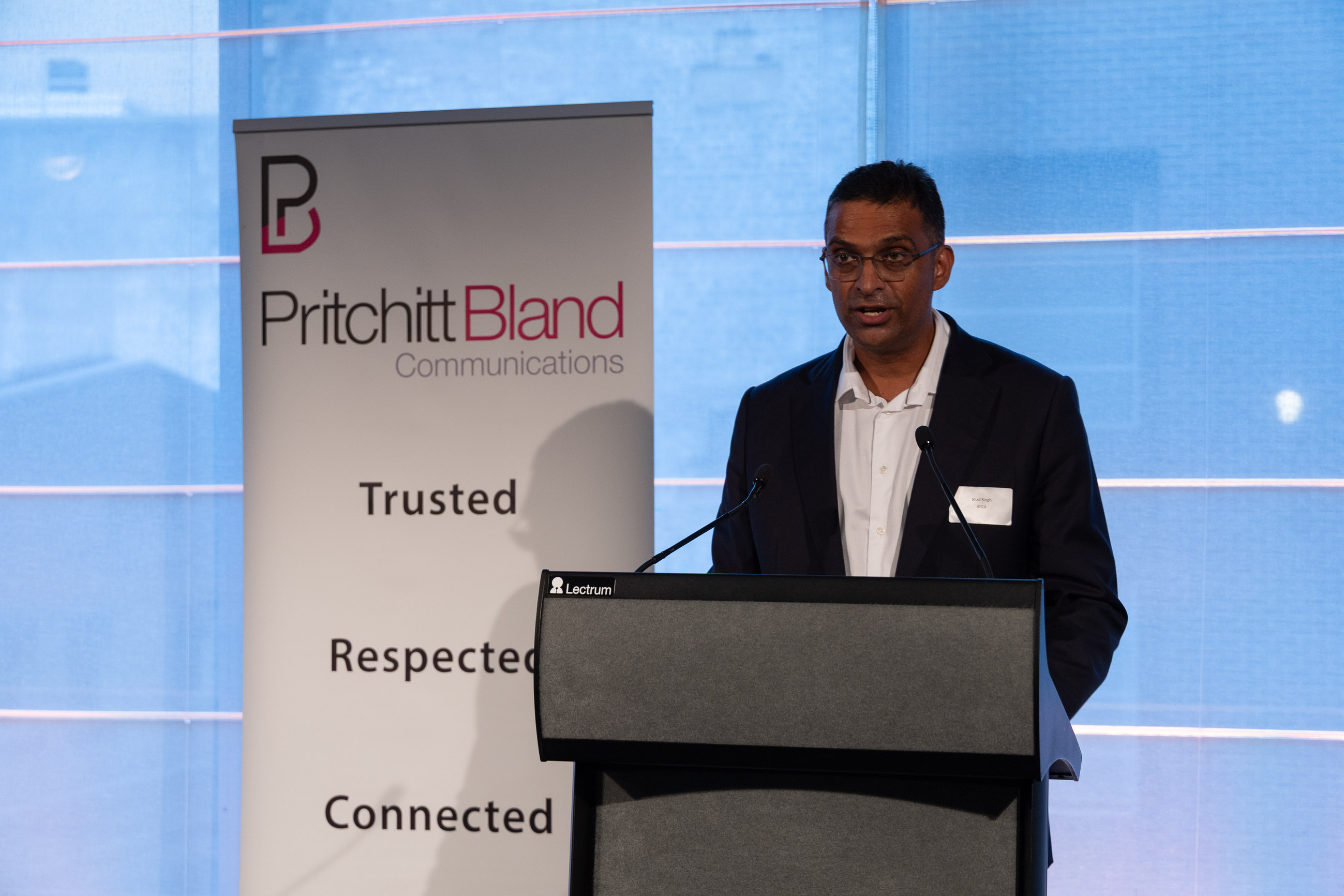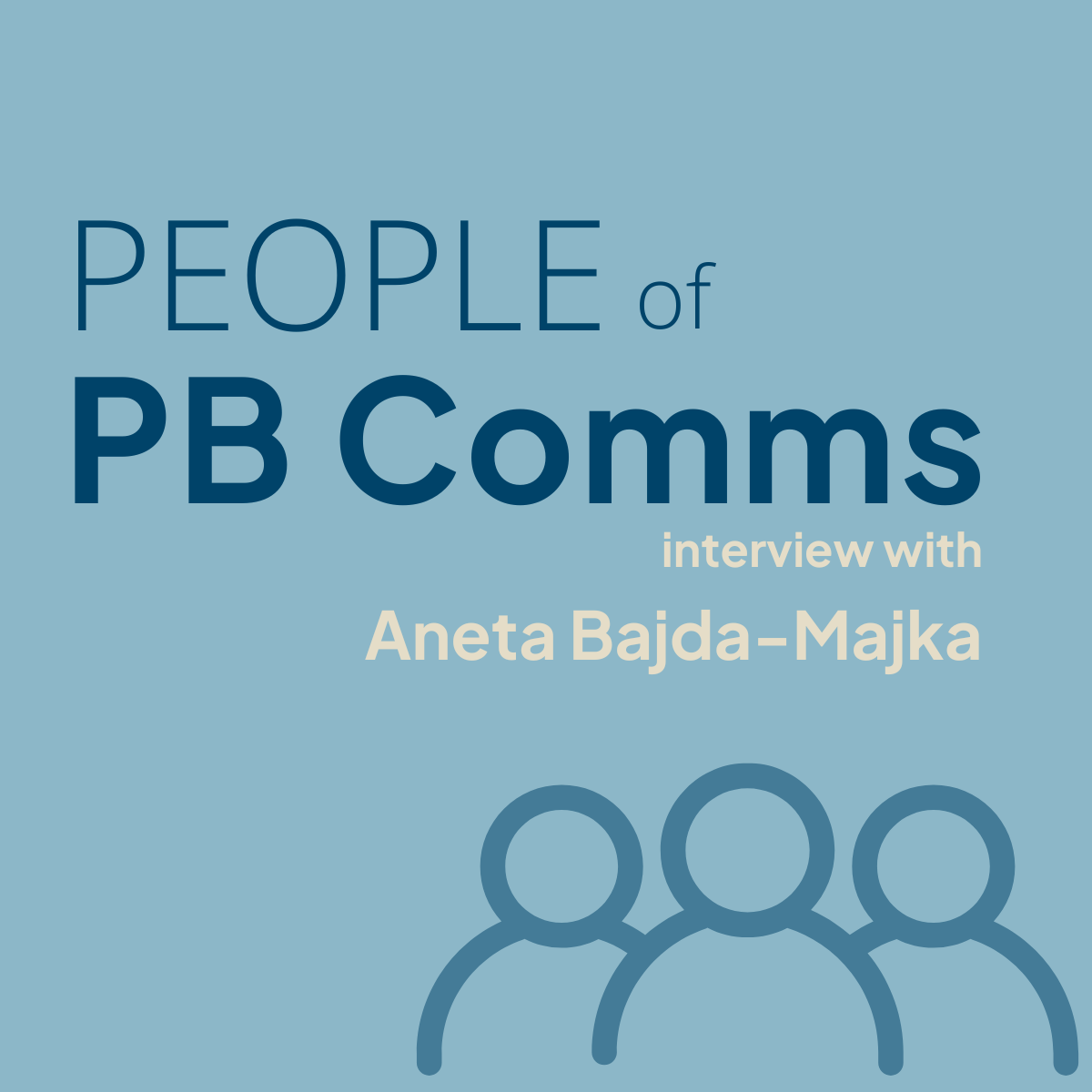Anyone looking for a basic guide on contacting journalists should look at the results of research commissioned by the market research arm of London based firm GingerComms. https://www.gingercomms.com/2020/07/09/heres-the-biggest-pitching-mistake-that-prs-can-make/
The research asked national news and lifestyle journalists in the UK their preferences on the way they’re contacted, and gives a range of interesting information on journalists’ attitudes.
The chart accompanying the article is particularly helpful for anyone contacting journalists they don’t know, as it highlights elementary mistakes beginners, and bad practitioners, make.
The responses reinforce our own views reflected in comments we have made in our blogs on media relations in the past, such as ten ways to annoy journalists without even trying (https://www.linkedin.com/pulse/ten-ways-annoy-journalists-without-really-trying-claudia-pritchitt/).
Some of the survey responses reflect a complete lack of understanding by people who contact journalists with a story idea.
The points made are not absolutes and can be adjusted according to circumstances and relationships, as they are from news and lifestyle reporters and editors who get absolutely swamped with contacts and follow up.
Nor does the survey examine relationships with the media. And that’s the thing about our job. A key element is in the title – relations is half of Public Relations. (Commonsense and experience are other essential ingredients.)
Relationships are key in dealing with journalists, and it would seem too many practitioners don’t have the type of relationships to benefit those they work for.
It is also probable that the journalists surveyed didn’t differentiate between the product managers, business development managers, advertising agents, marketing managers and public relations practitioners that call to pitch story ideas.
We know from our own surveys and discussions with journalists that they do get annoying phone calls from practitioners who clearly don’t know anything about the readership of the publication, what subjects it covers, or even what the journalist writes on.
Where there is regular and friendly contact with a journalist (that is, a relationship exists) a telephone call to pitch a story can sometimes be the best way.
But there are protocols to follow, including a question at the start of the call “Are you OK to talk?”
When appropriate, the advantage of phone-calls over emails is that there’s immediate two-way communication and feedback.
The journalist might not like the story idea, but you may find out why so you can modify your approach, highlighting a different angle.
We’ve even experienced responses like “Not really interested in that at the moment but I am writing a story on sustainably investing, if you have a fund manager I can talk to about it.”
The thing with any journalist contact is to remember that they are time-poor so to engage them you must have something that interests them, not just you. And don’t overstay your welcome.
Following up by phone to see if they’ve received an email or release, asking if they’re going to use it, asking for a copy of the article if they do, using exaggerations, superlatives or being misleading about a client or product, and showing your ignorance of the journalist’s writing and the industry they write on, is downright gauche. As is talking to them as if you’re their BFF when you’ve never met them.



















